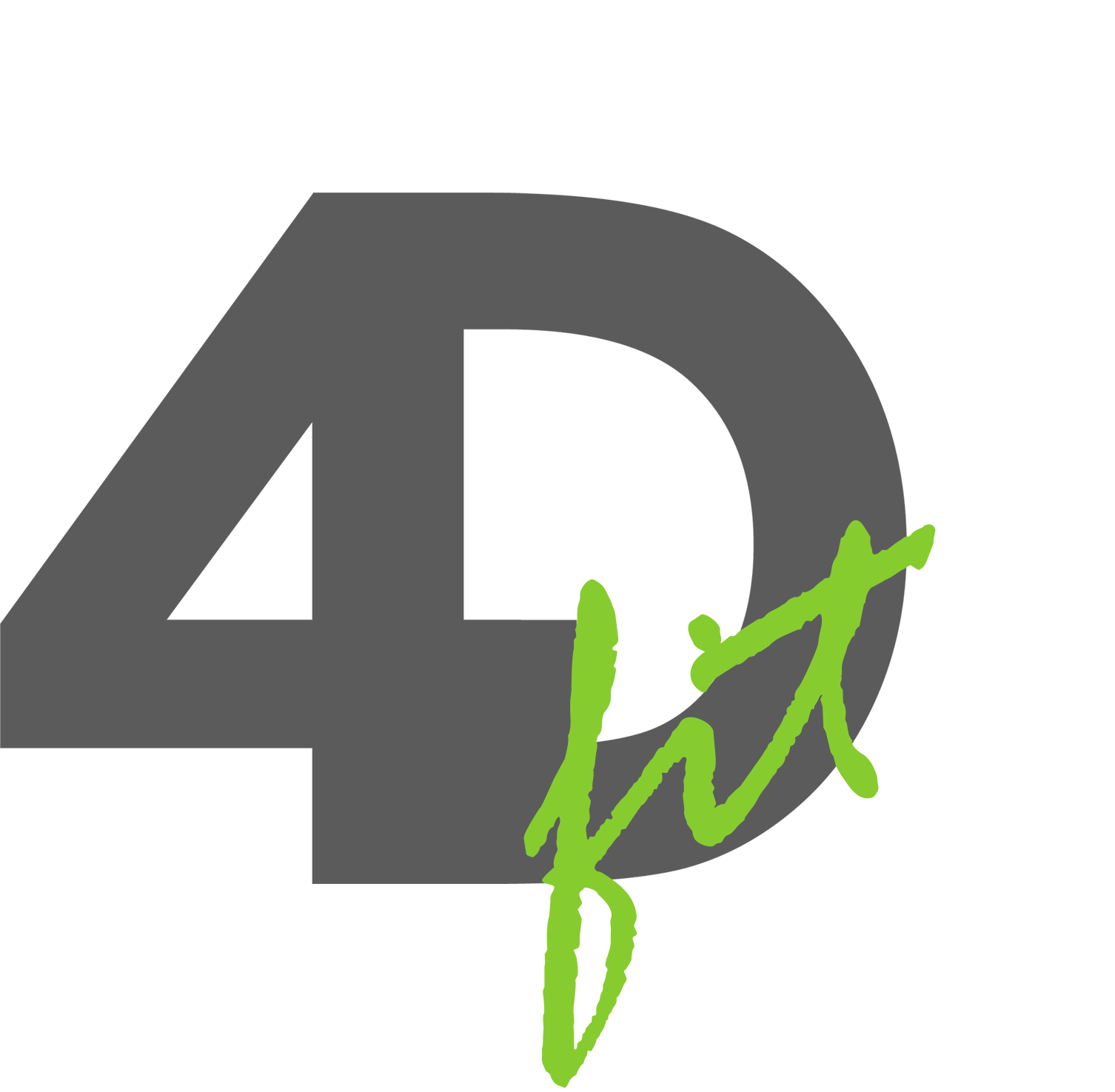3 steps to start healing, together
The saying is ancient…
“To heal the World, we must first heal ourselves.”
And it’s as relevant today as it ever was.
What’s lacking, however, are the steps to healing—not just physically, but mentally.
We must heal to thrive
It cannot be understated how DIFFICULT it can be to know what to do or where to start when you feel life is caving in around you, when you feel trapped in a hurricane of crises, trauma, and painful emotions.
What can I do? What can I say?
First, know that your emotional pain is real. It’s not just your imagination. It’s neurochemical, and it’s a signal that your brain is struggling, and needs healing.
Second, know that the weight of the World is not yours to bear, and you deserve to heal as much as any other.
3 steps to healing (now and always)
The best thing you can do now—and always—is to build your own resilience in order to navigate turbulent times, and focus on healthful healing practices.
While these three starter steps are not a replacement for clinical therapy, I continue to use these steps in my own healing journey, and my mental fitness practice.
For you, these steps may include a variety of health practices that you must choose for yourself based on your own needs, including (but not limited to) seeking support from a licensed clinical therapist (that I highly recommend for everyone—striving for the day when mental health care is part of general health care).
Steps to begin the healing process:
Before you can heal others, you must heal yourself. First, find the healers. Seek out those who have done the work for themselves, who are ready to help you heal. If you need to disconnect or take a break from unhealthy people or media that don’t support your healing (in real life or online), by all means, do it. Whether you disconnect from social media (that I strongly recommend) or find some time to temporarily take a break away from work or family, do what you can to rest and nourish your brain in healthful ways. You can reconnect or reunite when you (and they) are in a healthier state. This is not just for your own good, but theirs as well. If needed, find support from a family member or friend who can cover for you while you take a mental health break (and when you’re ready, maybe you can do the same for them).
An open mind is a safe mind. A brain in distress triggers a defensive neurochemical reaction that is not optimal for learning or absorbing new information. This applies to you and all human beings, and is a natural part of the grieving process, as the brain struggles to find a source of hope and safety again. Please be gentle with your brain and others while searching for a sense of safety, that will support the healing process.
Communicating can be healing, but how it’s done may be harmful. Effective communications allow us to transfer and process feelings or knowledge from one brain to another, much like uploading and downloading data, that requires a stable connection. To effectively communicate, the brain must be in a receptive state, with a sense of trust and safety (related to Step 2). Communicating can take many forms (i.e., verbal, visual, audible, tactile, etc.), and words are not always easy to find. Certain words can also have different connotations (meanings) for different people, based on their perception and experience, that might trigger painful memories or feelings in those still trying to heal. Sometimes body language or images speak louder than words, especially when words are hard to find. Some might even turn to the arts for complex self expression and emotional processing. It’s still important to be mindful of who you communicate with, and the state they’re in, even when non-verbal communications are used. Find those with whom you have a stable connection, who feel safe and receptive, who will listen beyond the words you say (maybe a close friend or therapist to start). If you are still struggling to connect and communicate, give your brain a break, and focus on Steps 1 and 2.
I hope these first steps help you move ahead in your healing journey, as you learn from the pain in your past, to keep moving forward.
Together we heal, together we thrive.
